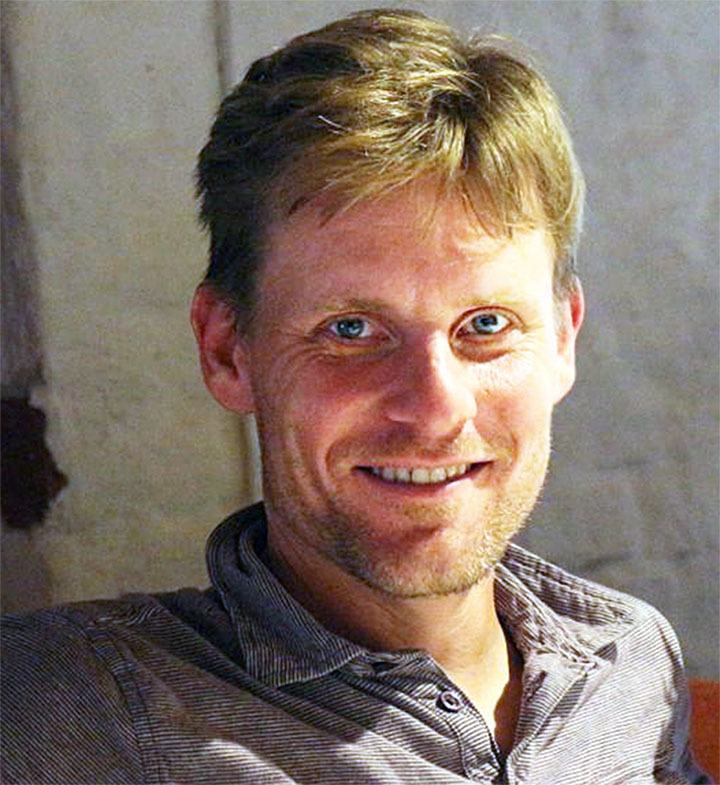The Paul Illg Distinguished Lectureship will present another outstanding speaker in 2016. The 18th annual Illg Distinguished Lecturer will be Dr. Todd Oakley, who is biologist and professor in the Department of Ecology, Evolution, and Marine Biology at the University of California, Santa Barbara. He has a doctarate in marine biology from Duke University and a bachelor’s and master’s from the University of Wisconsin-Milwaukee. He was an NIH-NRSA postdoctoral fellow at the University of Chicago, and was the recipient of an NSF-CAREER Award and the Ernst Mayr Award. His research, funded mainly by the National Science Foundation, focuses on the evolutionary origins of complex features in animals, including eyes, bioluminescent displays, and nervous systems.
The lecture is on Monday, July 11 at 7:30 p.m. at the San Juan Community Theater, Dr. Todd Oakley will present a talk entitled, “Taking the fork in the road: Adventures in the origins of biodiversity.”
How can we make sense of the teeming, tangled, and relentless diversity of life? To understand where biodiversity comes from — how it originates — we must understand Darwin’s other grand idea; the tree of life. Biodiversity arises when evolution comes to a fork in the road — and takes it. Through a series of stories from Illg’s career as a biologist, he will explain how diversity and complexity arise in biology. The unlikely heroes of my story are invertebrate animals, a spineless circus of scientific muses. One particularly productive muse is the cypridinid ostracods — a group of tiny little crustaceans sometimes called sea fireflies that spit glowing mucus in coded signals to attract mates. These animals have proliferated in the warm Caribbean seas, where there can be up to 12 different species in one spot, each spitting their own code or light. He will explain how ostracod evolution took forks in the road to evolve new genes, new behaviors, and new species. Even these unlikeliest of little heroes show us the enormous value of biodiversity. Not only do they teach us and inspire us, but sea fireflies may even hold keys to a next generation of biomedical light sources.
This endowed lecture series is presented in honor of Professor Paul L. Illg, who made many important contributions as a scientist, teacher, mentor, and friend. Illg excelled as a faculty member of the UW Zoology Department from 1952-1982. An expert in the biology of crustaceans, he participated in many summer sessions at Friday Harbor Laboratories. He invited world-renowned scholars to FHL to join him in teaching invertebrate biology and thus greatly enhanced the quality of the graduate program and research at the laboratories. The lectureship endowment was established through memorial gifts from Illg’s family, Friends and colleagues. Friday Harbor Laboratories thanks you for supporting this series of world-class lectures. You can keep abreast of other events at Friday Harbor Laboratories by visiting http://depts..washington.edu/fhl/events.html.




